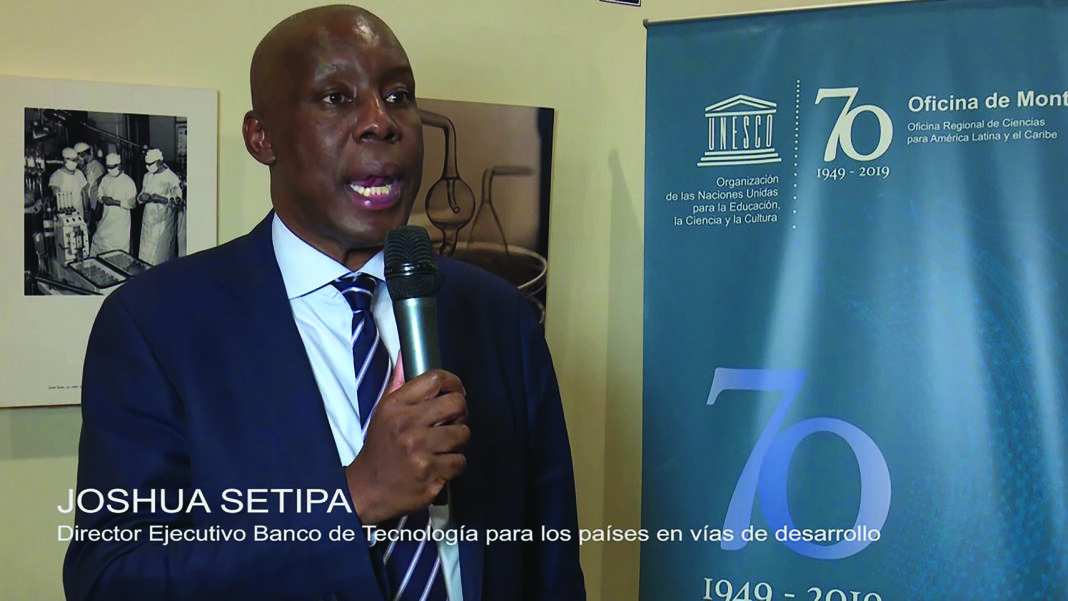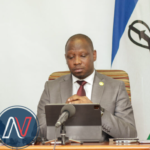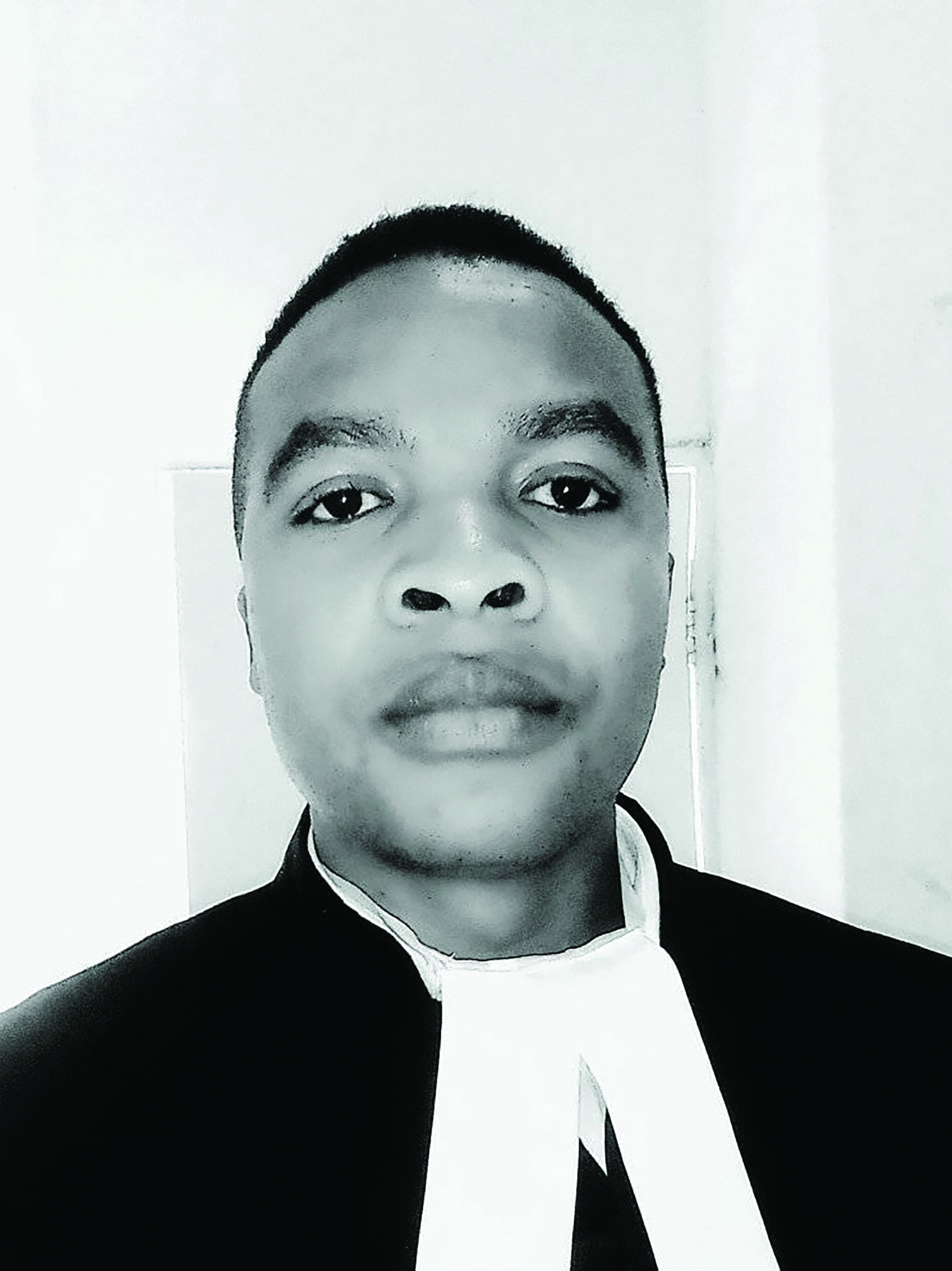Editorial Comment
Lesotho stands at a critical juncture in its educational landscape, and it is high time for the government to make a resolute commitment towards providing free education at all levels.
While primary education is commendably free and compulsory, and tertiary education receives government sponsorship through the National Manpower Development Secretariat (NMDS), the same cannot be said for secondary education, which continues to burden students with fees.
The recent revelation of a surge in school dropouts, particularly in secondary education, is a cause for deep concern. Director for Planning, Lineo Mamonaheng Mokitimi, highlighted the severity of the issue, citing poverty, early pregnancies, and child marriages as the primary drivers behind this alarming trend.
The preliminary findings from the 2022 study indicate a crisis that cannot be solely attributed to disruptions caused by the COVID-19 pandemic.
It is disheartening to note that despite Lesotho’s commitment to free and compulsory primary education, the dropout crisis persists, with secondary education bearing the brunt.
The economic barriers preventing children from enrolling in high schools not only hinder their academic growth but also expose them to social challenges, particularly affecting young girls vulnerable to teenage pregnancy and child marriage.
Research consistently underscores the detrimental consequences of girls dropping out of school. These girls face a higher risk of early marriage and early pregnancy, perpetuating a cycle of societal challenges.
Girls deprived of formal education are three times more likely to be married before 18, and over 60 percent of women aged 20 to 24 with no education were found to be married before turning 18.
The government’s pussyfooting around the idea of free secondary education exacerbates these challenges. The burden of funding education falls disproportionately on the shoulders of students, pushing some into exploitative and abusive work situations just to cover their school fees.
Some girls, tragically, become victims of sexual exploitation by individuals offering financial assistance in exchange for sex.
It is time for the government to acknowledge the urgency of the situation and take decisive action.
The announcement of 2024 as the African Union’s “Year of Education” should not merely be symbolic; it should translate into concrete policies and actions to address the challenges facing the education system.
The upcoming “Back-to-school Day” on January 29 is a step in the right direction, but it should be accompanied by a comprehensive plan to ensure free education at all levels.
The government’s call for private sector involvement is commendable, but it should not be a substitute for its responsibility to provide accessible education to all.
Lesotho’s long-term development and prosperity hinge on breaking the cycle of educational barriers. Free education is not just a policy; it is a fundamental investment in the future of the country, ensuring that every child, regardless of economic background, has an equal opportunity to learn, grow, and contribute to the nation’s success.
The time for decisive action is now.
As Joshua Setipa embarks on this historic journey to become the first Southern African candidate vying for the esteemed position of Secretary-General of the Commonwealth, we extend our sincere well-wishes and support.
His wealth of experience, spanning over 25 years and covering diverse and impactful roles, positions him as an outstanding candidate for this crucial leadership position.
His dedication to high-stakes roles, including Managing Director of the UN Technology Bank and significant positions in the WTO, showcases his commitment to international trade, public policy, and strategic management.
As the campaign gains momentum leading up to the Commonwealth Heads of Government Meeting (CHOGM) in Apia, Samoa, in October, we hope that Mr. Setipa’s vision and leadership will resonate with fellow Commonwealth member states.
Summary
- Lesotho stands at a critical juncture in its educational landscape, and it is high time for the government to make a resolute commitment towards providing free education at all levels.
- The upcoming “Back-to-school Day” on January 29 is a step in the right direction, but it should be accompanied by a comprehensive plan to ensure free education at all levels.
- It is a fundamental investment in the future of the country, ensuring that every child, regardless of economic background, has an equal opportunity to learn, grow, and contribute to the nation’s success.

Your Trusted Source for News and Insights in Lesotho!
At Newsday Media, we are passionate about delivering accurate, timely, and engaging news and multimedia content to our diverse audience. Founded with the vision of revolutionizing the media landscape in Lesotho, we have grown into a leading hybrid media company that blends traditional journalism with innovative digital platforms.










